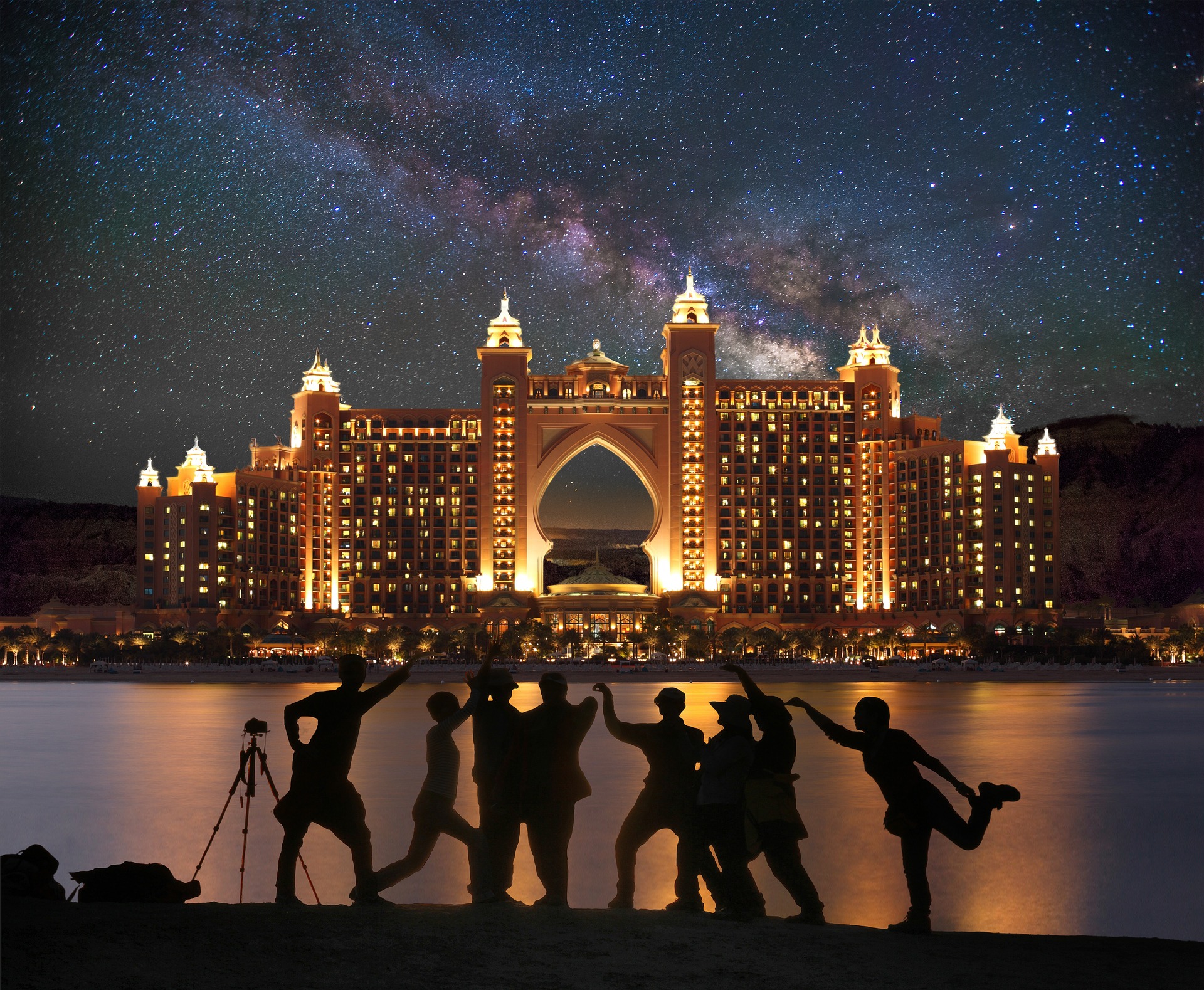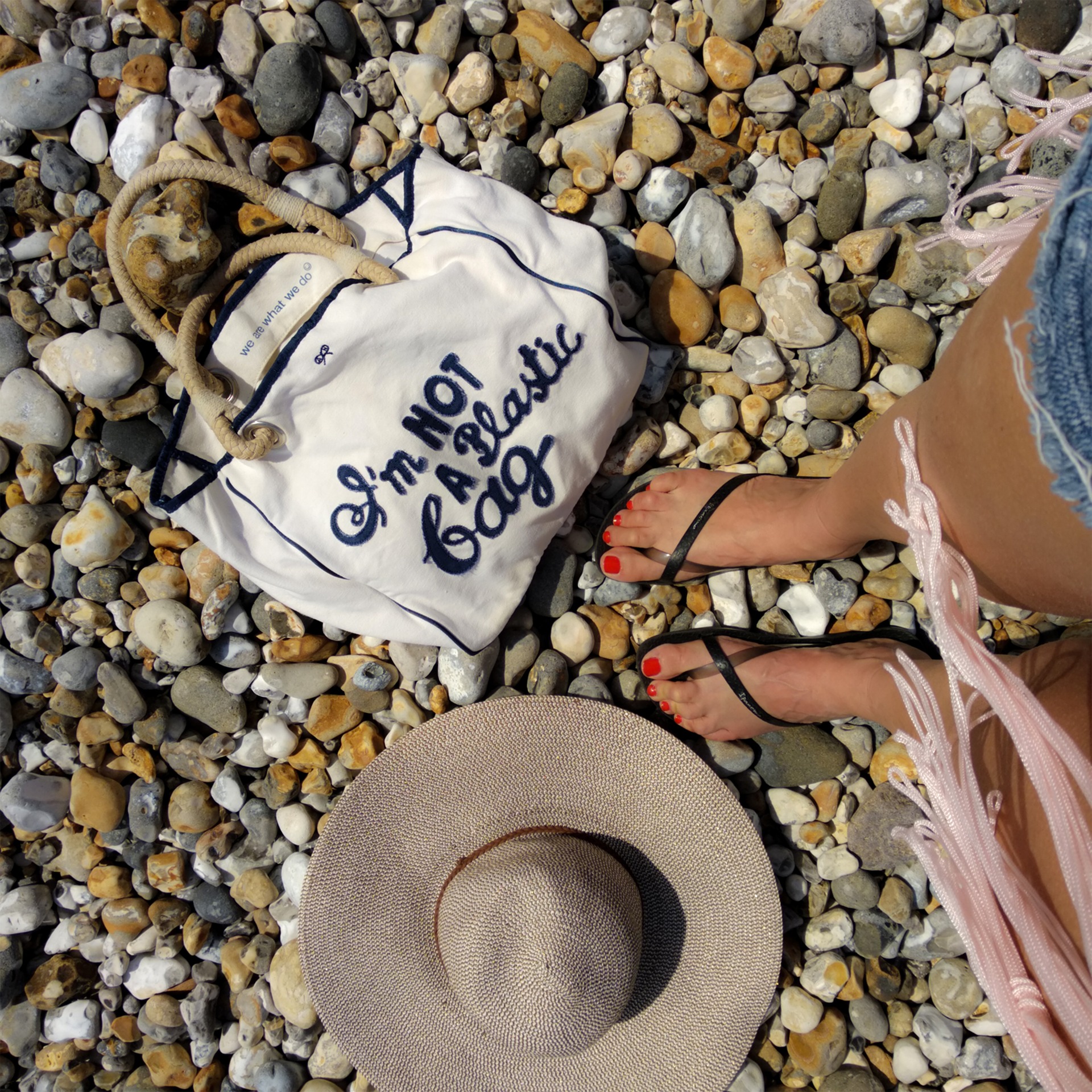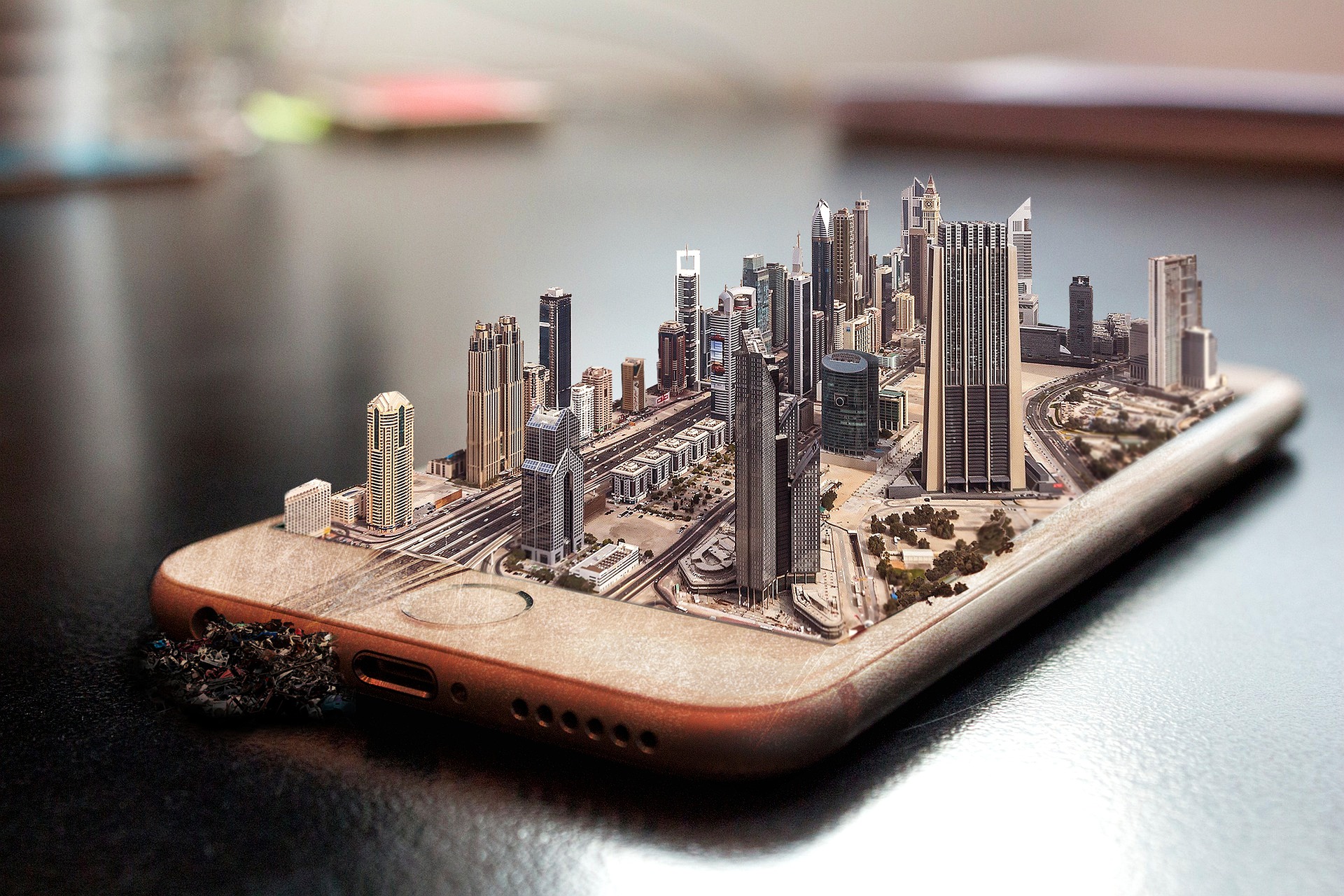SUSTAINABILITY IN DUBAI

ENERGY SAVING
The year 2014, as part of the UAE Energy Efficiency Lighting Standard, low quality indoor bulbs have been barred from entering the UAE market. Public-private collaboration between the Ministry of Climate Change and the Environment, the Environment Agency-Abu Dhabi, EWS-WWF, the Global Footprint Network and the Emirates Authority for Standardization and Metrology, the UAE Energy Efficiency Lighting Standard10 is a move taken in 2014 by the UAE Ecological Footprint Initiative. The norm ensures that only high-quality energy-efficient bulbs containing low levels of dangerous chemicals can be bought and disposed of appropriately.
Dubai is one of the tourist destinations which have the highest Ecological Footprint. The country is wasting so much of resources that in total they need 4.5 Earth to fulfill their desires for resources. Dubai has also banned the use of HCFCs which are the chemicals mainly used in refrigerators and an air condition as it is very harmful for the environment. (12 Steps Towards Sustainability , 2017)
WATER CONSERVATION
Water use is an important aspect that directly impacts the service of a hotel. Some of the ways in which they are saving water is by reducing the flow of water and reducing the demand of water in the state. Leakage in the hotels can be one big issue as in this way the amount of water wastage increases, making sure that there are leakages and if they are any fixing them as soon as possible. Motion sensors are installed; this is a costlier solution and sensors for motion which is very efficient and reliable which reduces major wastage of water. Mounting of regulators, they just restrict the flow of water and saves water. Reducing the demand of water is done by managing the laundry, operating the machine when the load is complete, holding tank can be installed which reuses the water and awareness is one big step in reducing the use of water. (12 Steps Towards Sustainability , 2017)

SUSTAINABILITY MANAGEMENT
Approach to sustainability
Sustainability is a long-term environmental strategy that connects, Under every hotel’s core business plan, social and economic activities. It is a vital decision-making tool that helps the organization control its expenditures and implement an environmental policy that will favor both your employees and visitors. (12 Steps Towards Sustainability , 2017)
Steps taken for sustainability management in tourism industry:
- Linking rewards for the customers and the staff will encourage them to follow the sustainability protocols.
- Making green teams within the staff association and giving them green targets can help the hotels and other tourism organization.
- Developing and establishing a framework for tracking, assessing, and monitoring performance across the hotel chain.
- Engage visitors and increase awareness by means of advanced campaigns.
- Put signs in guest rooms demanding the reuse of linen and towels to minimize the consumption of energy and water needed for laundry services.

WASTE MANAGEMENT
Reducing the consumption of resources and the waste produced there are essential elements of hotels to improve their output on sustainability. Waste management and reduction helps to minimize carbon emissions and raise savings that will help to grow and expand hotels in turn.
Steps towards waste management:
- Introduce guidelines and simple signs for health workers health and protection during on-site waste management.
- Install recycling bins at the service collection on each floor area of the hotels or resorts, to encourage and increase recycled waste collection, and to encourage your guests to practice sustainability.
- Bin for recyclable materials to each guest room or maintain a recycling container near each floor’s elevators and/or at the end of each passageway will help the organization to reduce and recycle waste in a more effectful way.
(12 Steps Towards Sustainability , 2017)
FOOD WASTE MANAGEMENT
Nationally and internationally, the volume of environmental waste is also rising every year. This says a lot about the tremendous strain under which natural resources and the environment are put. Trying to ensure sustainable consumption and production practices is one of the 2017 Sustainable Development Goals set out as part of the 2030 Plan for Sustainable Development of the United Country. An estimated one-third of all food produced, equal to 1.3 billion tons worth about $1 trillion, is wasted each, according to the UN. (Rifai, 2017)
Largely, as contributors to environmental waste, in particular food waste, hospitality groups have been blamed. Taking that into consideration, with the launch of the UAE Food Bank, Dubai is moving to tackle the food waste problem. The initiative, led by HH Sheikh Mohammed, was announced in January and aims to tackle the Dhs3.5 billion ($952.8 million) worth of food discarded in the city each year by either donating it to the poor or recycling it in an ethical and environmentally way. (Rifai, 2017)
Sources
12 Steps Towards Sustainability . (2017). Retrieved from Dubai Sustainable Tourism : https://dst.dubaitourism.ae/Home/DownloadAttachment
Rifai, S. A. (2017, August 5). How Dubai can Establish Sustainable Tourism Practices . Retrieved from Gulf Business : https://gulfbusiness.com/dubai-can-establish-sustainable-tourism-practices/